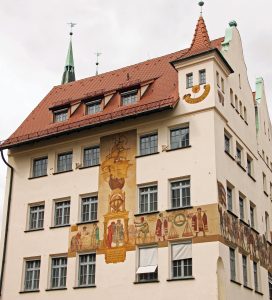June 27, 2016
By Arthur H. Gunther III
ahgunther@hotmail.com
Photographers, the inspired ones, the gifted, are observers who emphasize the essence of their subject, who snap the shutter as reporters of an expression, an event, an emotion, yes, but who, because of an innate sense of knowing the right angle to set the composition and how to get the subject involved (or not), tell in pictures what others say with words. Such an artist was Bill Cunningham, the legendary New York Times “street photographer,” who for decades caught Gotham’s fashions on the sidewalk and pavement as well as social, philanthropic and fashion events.
Cunningham, who passed last week at 87, still toiling for his paper, was not a trained photographer, for the gift is not always tied to degree, but a man who left Harvard to make ladies’ hats and to work at an exclusive dress shop in Manhattan. He may not have known it, but he was preparing for his later photographic career. Knowing line, form, the cut of a stylish garment is very much like the photography that captures the motors and the souls of the living. It is the essential that was sought, and it is there to be seen by the right observer, for we all are of one design or another, with particular line, form, the cut of the jib.
Bill Cunningham offered two weekly photo columns, “Evening Hours,” which reported on New York’s social scene, and “On the Street,” which was perhaps his best work. He had a certain charming, non-invasive way of seeing the running motor — the reason to be — of the woman or fellow stepping off the curb into the busyness of a city.
While clicking away on the street beat, Cunningham became a trend-spotter and so probably set the tone for fashion editors and fashion houses. He was the messenger, noting and reporting on the self-made fashions of stylish New Yorkers that would set a trend, or which already had.
The Times may well not continue “Evening Hours” and “On the Street” because, just as you cannot replace a columnist of a particular style with a fellow instructed to be a clone, Bill Cunningham’s photography was inimitable, unique to himself.
The writer is a retired newspaperman who can be reached at ahgunther@hotmail.com

